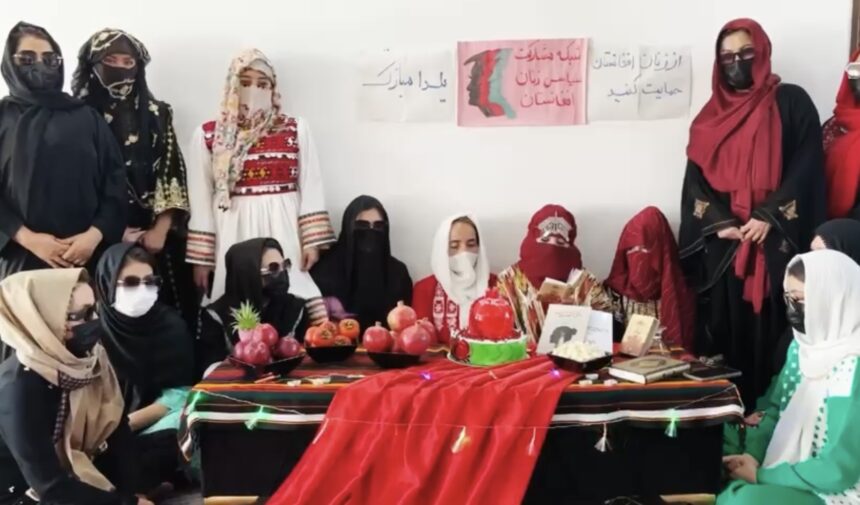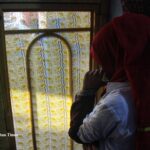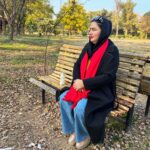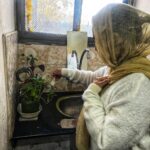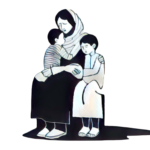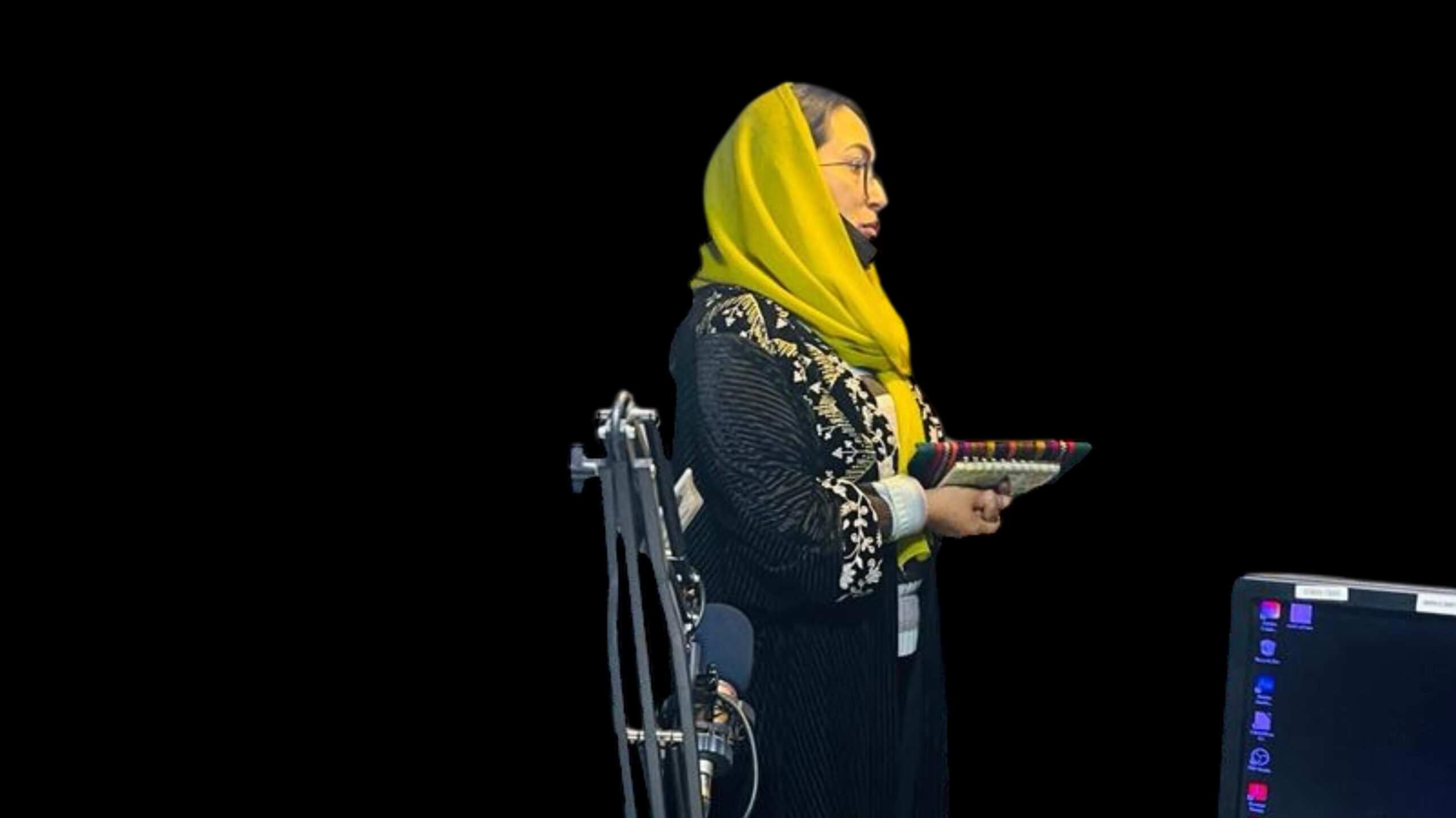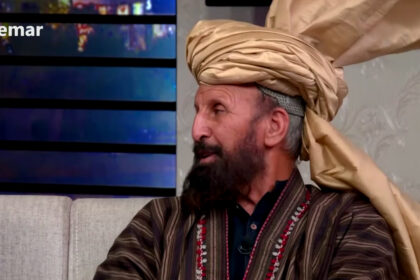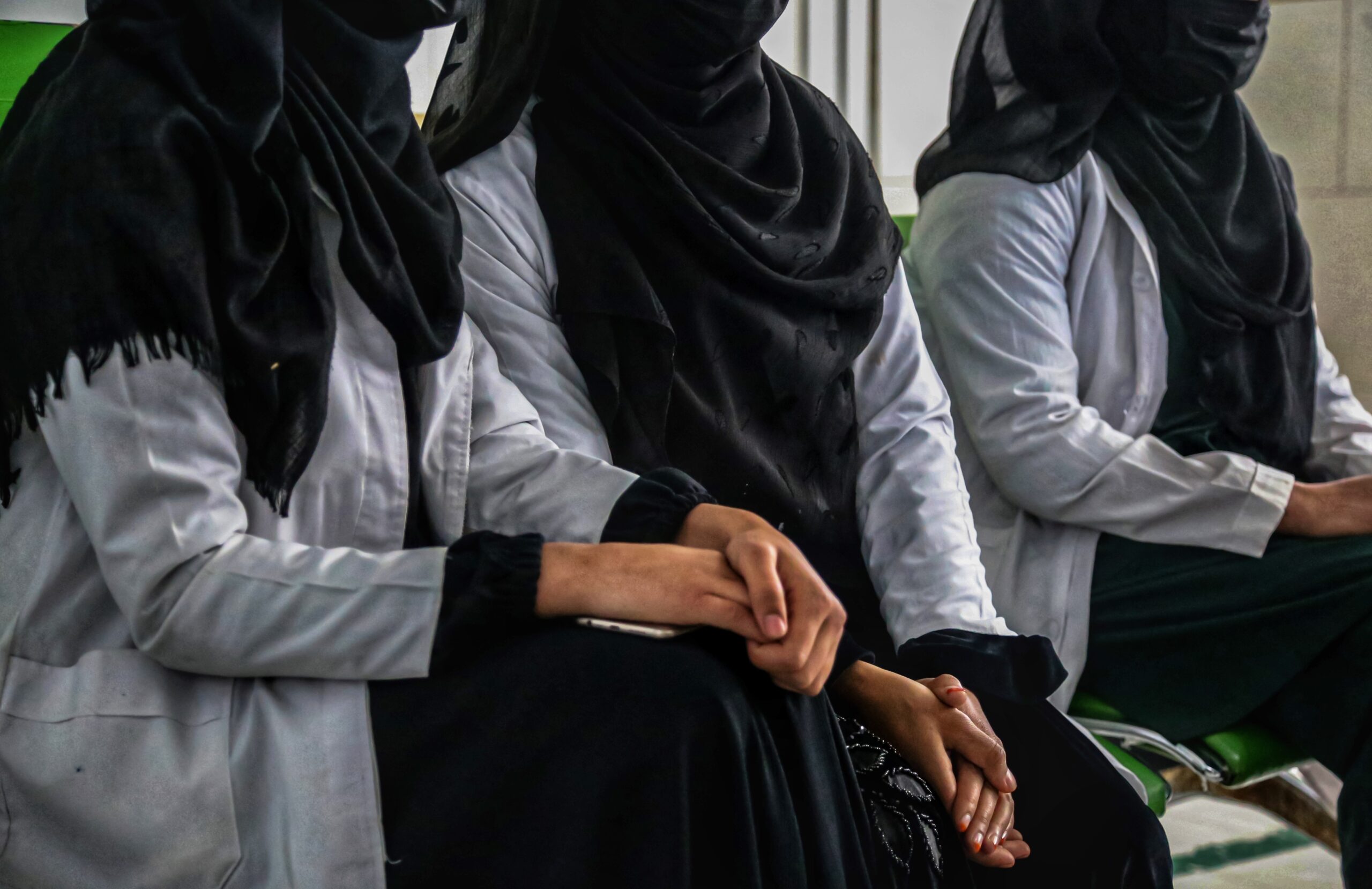In the shadow of Taliban-imposed restrictions, Afghan women activists gathered in secret to celebrate Shab-e-Yalda, an ancient tradition marking the longest night of the year. The once-vibrant festivities, filled with poetry, storytelling, and shared meals, have now turned into acts of quiet defiance against a regime that has stripped women of their basic human rights.
“For us, Shab-e-Yalda is not just a cultural celebration; it’s a reminder of resilience in the face of darkness,”
Laila, a Kabul-based activist
“But under the Taliban, even this small joy feels like an act of rebellion. We want our basic human rights back—the right to education, the right to work, and the right to exist freely.” she added.
The Taliban’s hardline rule since their return to power in August 2021 has seen Afghan women banned from education, barred from most public spaces, and stripped of legal and social protections. On December 24 last year, the Ministry for the Propagation of Virtue and Prevention of Vice declared on X (formerly Twitter) that Yalda Night celebrations are “haram and sinful,” further curtailing cultural freedoms.
Exiled Afghan Women Mark Yalda in Islamabad
In Islamabad, Pakistan, Afghan women activists who fled their homeland after the Taliban takeover gathered to celebrate Shab-e-Yalda. Many of them fled to escape threats to their lives, leaving behind careers, homes, and families.
“Afghanistan was no longer safe for us,”
Sahar, an exiled activist
“We were targeted for our work, for speaking out, and for just being women. Staying meant risking our lives,” she added.
These women, many of whom are seeking asylum, face severe challenges in Pakistan. Limited access to medical care, mounting depression, and legal uncertainties have made their situation precarious.
“We are trapped in limbo,” said Fatima, another activist in Islamabad. “We need countries to act quickly and grant us asylum. Our mental health is deteriorating, and our children’s futures are at stake. We cannot go back to Afghanistan, but surviving here is becoming unbearable.”
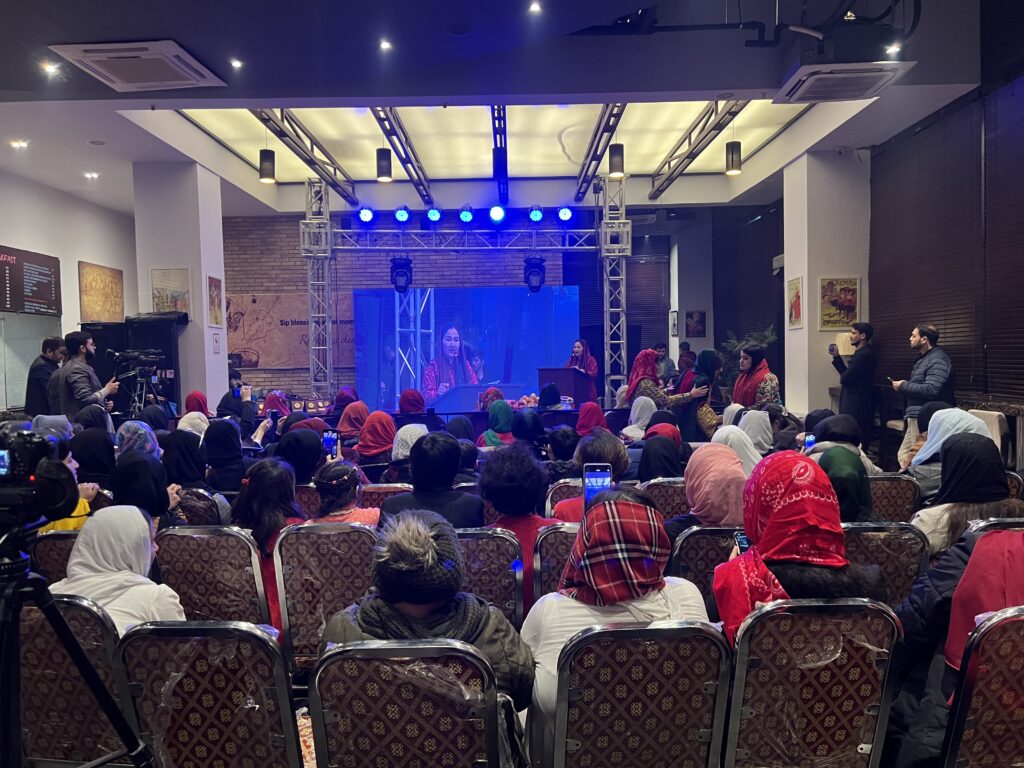
The Historical Significance of Shab-e-Yalda
Shab-e-Yalda, celebrated in Afghanistan, Iran, Uzbekistan, Tajikistan, Azerbaijan, Turkmenistan, and Iraqi Kurdistan, marks the longest night of the year. The ancient tradition is steeped in themes of renewal, hope, and light conquering darkness. In Afghanistan, it has been a cherished occasion for years, where families gather to share poetry, eat pomegranates and watermelon, and recite ancient stories.
*Names changed to protect her identity.


